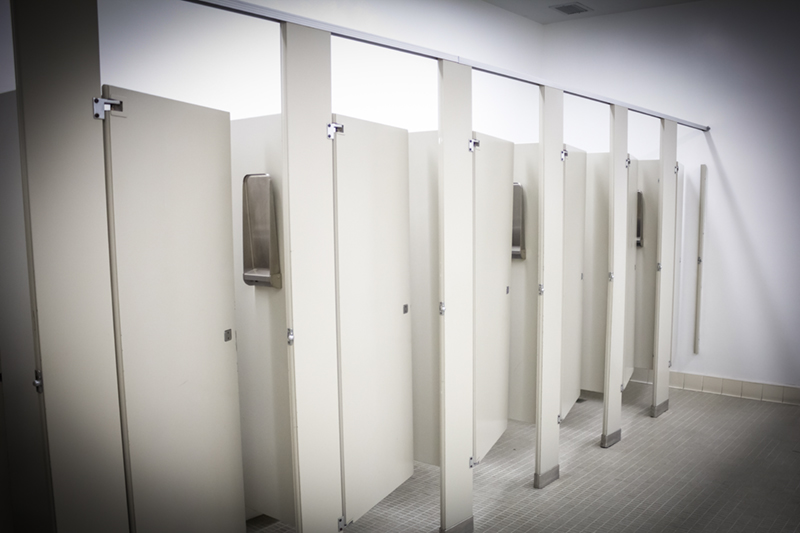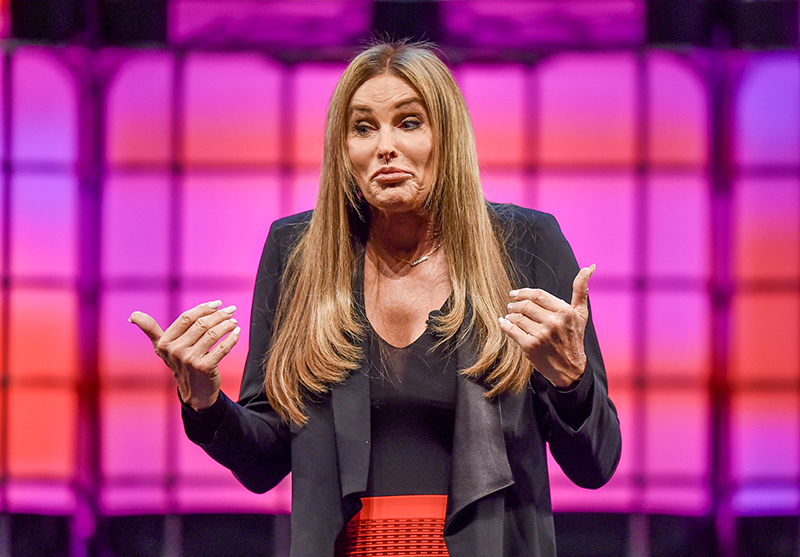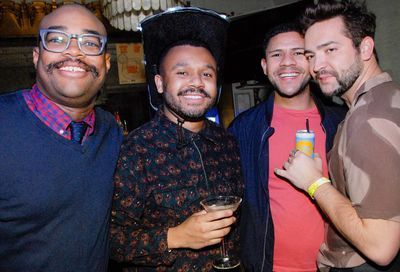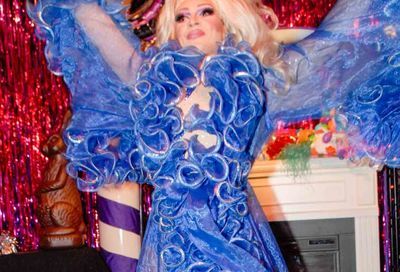Guarding Our Gains
Commentary: Center Field
The value of a coordinated effort by many people was never more evident than in the current battle against a proposed rulemaking by the D.C. Office of Human Rights (OHR) that would effectively roll back the transgender protections in the D.C. Human Rights Act (DCHRA).
In 2005, the D.C. Council unanimously amended DCHRA to add ”gender identity or expression” to the listed categories of prohibited discrimination. The disputed new rulemaking would exempt the D.C. Department of Corrections (DOC) from DCHRA as it applies to transgender detainees and prisoners; would repeal a requirement that businesses with single-occupancy restrooms use gender-neutral signage; and would require D.C. government employees to get a court-ordered name change before they can use alternate names on their ID badges.
These may seem like small things if you are not a transgender person. If, on the other hand, you have been harassed or worse for using the ”wrong” bathroom, or have been treated like a criminal by police due to the contrast between your gender expression and the gender on your legal ID, you will have a different perspective.
Transgender activist Jeri Hughes, who initiated a July 22 meeting between transgender rights advocates and OHR officials, stated, ”As written, the proposed amendment is blatantly offensive, improper, and contrary to law.” A broad array of local and national groups agreed with her, including the DC Prisoners’ Project, the DC Trans Coalition, the Gay and Lesbian Activists Alliance (GLAA), Helping Individual Prostitutes Survive (HIPS), the Human Rights Campaign, the National Center for Transgender Equality (NCTE), the National Gay and Lesbian Task Force, PFLAG National, and Transgender Health Empowerment.
The proposed changes are in response to an April 4 opinion by the D.C. Inspector General that DOC policy on inmate gender identification appears to conflict with D.C. human rights regulations. The city decided to change the regs rather than comply.
Not so fast. D.C. Councilmember Carol Schwartz (R-At large), who chairs the committee that oversees OHR, wrote on July 23 to Mayor Adrian Fenty (D), ”Regulations are supposed to mirror the law, not change the intent of the law. This change would, in effect, turn the intent of the law upside-down.”
”Safety and security” are cited to justify the Corrections exemption. Where is the evidence of actual safety and security problems, as distinct from hypothetical cases? As Mara Keisling of NCTE said on July 22, the government should not rely upon stereotypes about transgender women. Earline Budd and Gigi Thomas provided glaring examples of abuse and discrimination that mandate reform in the correctional setting. Deborah Golden of the Prisoners’ Project laid out the legal case against the proposed rulemaking.
GLAA President Barrett Brick wrote, ”DCHRA is the strongest human rights law in the country; we are eager to keep it that way and to ensure that it is not transformed by administrative contrivance into a paper tiger.” D.C.’s law is in line with a New York state policy that took effect March 17, protecting transgender youth in juvenile detention centers. Lisa Mottet of the Task Force noted on July 22 that D.C.’s law is a model cited in nationwide advocacy that would be undercut if D.C. trims the law’s protections via regulation.
The proposed ID rule reminded gay-rights pioneer Frank Kameny of an August 1963 hearing of the House District Committee, at which members of the Mattachine Society of Washington were challenged for testifying under pseudonyms. (Times were more hazardous then, and Kameny was the only Mattachine member who used his real name.) An ACLU attorney at the hearing stated that in D.C. one was free to use any name one wished, for any non-fraudulent purpose, without need for formal legal proceedings. The needs of transgender people are a legitimate reason for using a name other than what is on one’s birth certificate. I am proud of the alliance that has assembled for this fight. We are doing our homework and working together. We have not yet won, but the law and the facts are with us. In a way, the government’s egregious proposal was useful by forcing us to activate our networks and exercise our coalition. In the words of Jeri Hughes, ”This is not an issue of financial gain; nor is it an issue of additional rights for prisoners. It is a demand for equity for a marginalized community – nothing more.”
Richard J. Rosendall is a writer and activist whose work has appeared on Salon.com and the Independent Gay Forum (www.indegayforum.org). He can be reached at rrosendall@starpower.net.
Support Metro Weekly’s Journalism
These are challenging times for news organizations. And yet it’s crucial we stay active and provide vital resources and information to both our local readers and the world. So won’t you please take a moment and consider supporting Metro Weekly with a membership? For as little as $5 a month, you can help ensure Metro Weekly magazine and MetroWeekly.com remain free, viable resources as we provide the best, most diverse, culturally-resonant LGBTQ coverage in both the D.C. region and around the world. Memberships come with exclusive perks and discounts, your own personal digital delivery of each week’s magazine (and an archive), access to our Member's Lounge when it launches this fall, and exclusive members-only items like Metro Weekly Membership Mugs and Tote Bags! Check out all our membership levels here and please join us today!























